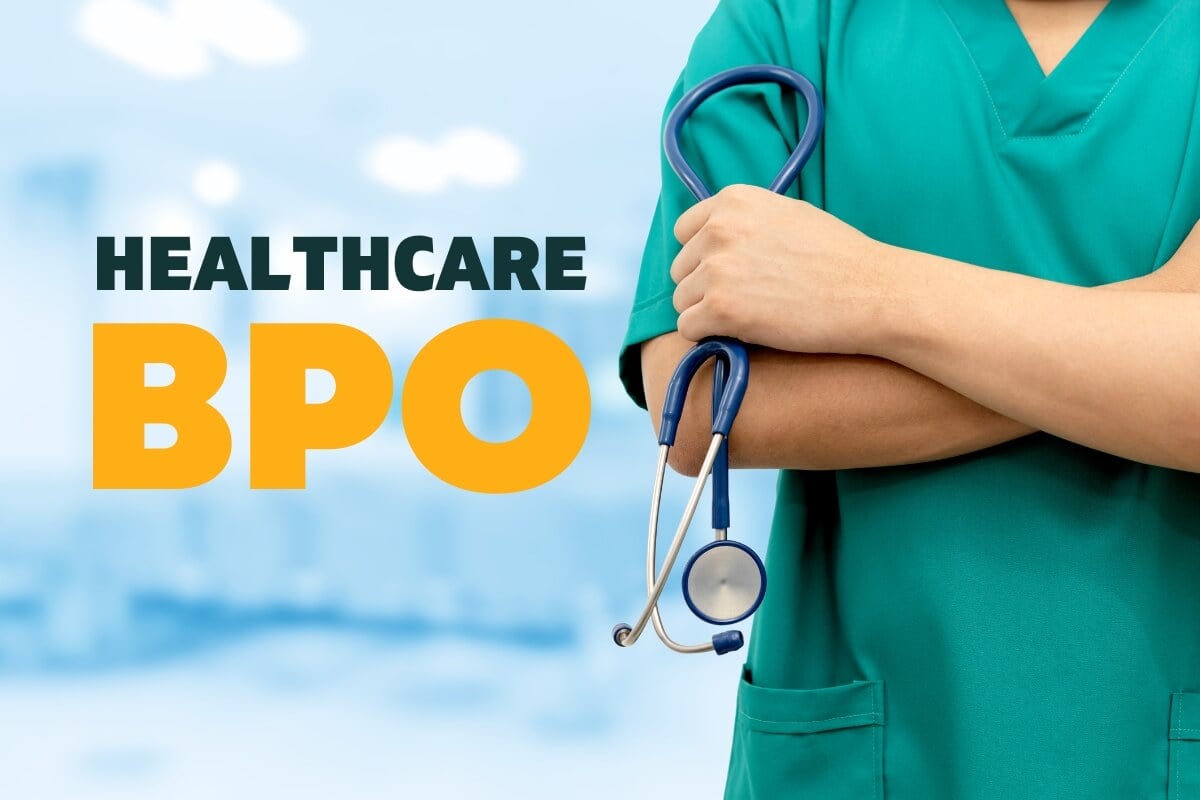Why Healthcare RCM is Crucial for Financial Wellness in Medical Practices
Why Healthcare RCM is Crucial for Financial Wellness in Medical Practices
Blog Article
Recognizing the Duty of Healthcare RCM in Enhancing Monetary Performance and Individual Fulfillment
Browsing the intricacies of Medical care Profits Cycle Administration (RCM) is essential for accomplishing optimum monetary performance while concurrently boosting person complete satisfaction. RCM's capacity to simplify payment, make certain specific coding, and accelerate insurance claims processing stands as a cornerstone of modern healthcare operations. Nevertheless, the nuanced interplay in between these components warrants a more detailed evaluation to completely appreciate their effect on both healthcare carriers and people. As we discover the transformative possibility of RCM, questions about its critical implementation and future advancements beckon, encouraging insights that might redefine market standards and individual experiences alike.

Key Elements of RCM
In the complicated landscape of healthcare, Profits Cycle Management (RCM) is crucial in making certain financial security and operational effectiveness. A detailed RCM system includes a number of crucial components, each playing an essential role in the smooth administration of a doctor's economic procedures. Client enrollment and eligibility verification are fundamental actions, making certain that precise individual information is caught and insurance protection is verified before solutions are rendered. This lowers the threat of insurance claim rejections and increases the repayment process.

Cost capture is one more important part, involving the accurate recording of solutions offered to individuals. It makes sure that all billable solutions are represented, thereby taking full advantage of earnings capacity. Concurrently, clinical coding translates patient experiences into standard codes, which are essential for payment and governing conformity.
Claims entry and monitoring adhere to, including the prep work and submission of insurance claims to payers. This procedure calls for precise interest to detail to reduce errors and avoid hold-ups. Denial administration is a proactive strategy to fix and address denied claims, protecting profits streams.
Lastly, payment publishing and patient collections complete the cycle, guaranteeing payments are precisely tape-recorded and superior equilibriums are gone after. With each other, these components develop a robust framework that sustains the financial and operational health of healthcare companies.
Effect On Financial Efficiency
Effective Income Cycle Monitoring (RCM) dramatically influences a healthcare company's economic performance by optimizing money circulation and minimizing revenue leak. RCM incorporates the detailed payment and collection procedures that guarantee healthcare suppliers effectively handle their financial purchases from individual enrollment to final repayment. By improving these processes, companies can lessen denied cases, expedite repayment cycles, and enhance overall financial wellness.
Financial efficiency is boosted via careful administration of invoicing procedures, which entails precise coding and prompt entry of claims. This reduces the possibility of claim rejections and beings rejected, which can considerably prevent profits circulation if not dealt with quickly. Additionally, integrating advanced technology options assists in real-time tracking of insurance claims and financial metrics, supplying medical care managers with the devices essential to make educated tactical decisions.

Enhancing Patient Contentment
While enhancing economic performance is a vital goal of Profits Cycle Administration (RCM), it likewise plays a crucial function in improving patient satisfaction. Patients today demand openness, efficiency, and precision in their healthcare interactions. RCM systems improve these procedures, offering clients a smooth experience from appointment scheduling to settlement. view it now By minimizing administrative burdens, RCM allows healthcare carriers to concentrate a lot more on patient care, which directly enhances individual contentment.

RCM also boosts individual satisfaction via reliable interaction. By preserving a detailed data source of individual details, RCM facilitates improved interaction in between clients and health care carriers, guaranteeing clients really feel educated and valued.
Approaches for Efficient RCM
Accomplishing efficient Income Cycle Monitoring (RCM) needs healthcare companies to execute a set of critical methods that ensure monetary stability and functional performance. One crucial approach is the adoption of technology-driven remedies, such as incorporated software systems that enhance invoicing processes, minimize errors, and enhance data accuracy. These systems allow real-time monitoring of economic metrics, permitting punctual recognition and correction of inefficiencies.
One more strategy is the standardization of procedures across the profits cycle. Healthcare RCM. This includes establishing constant policies for individual registration, insurance policy verification, and declares processing. By making sure that all staff adhere to these criteria, companies can minimize disparities and expedite settlement collections
Personnel training and growth likewise play an essential duty in efficient RCM. Trained personnel can efficiently browse complex billing treatments and guidelines, decreasing denials and boosting capital. Regular updates on policy modifications and finest check my source techniques aid maintain a qualified and experienced labor force.
Future Trends in RCM
As healthcare companies enhance their Earnings Cycle Management (RCM) methods with innovation and standard processes, attention is currently turning towards the future patterns forming this critical area. One considerable trend is the integration of expert system (AI) and artificial intelligence to automate complicated jobs, such as cases refining and predictive analytics. These technologies are expected to decrease mistakes, speed up deal times, and give data-driven understandings for far better decision-making.
In addition, the change towards value-based treatment continues to affect RCM practices - Healthcare RCM. Health care service providers are anticipated to significantly concentrate on patient end results and complete satisfaction, necessitating RCM systems that can accommodate brand-new reimbursement versions. This change will certainly require more detailed data collection and evaluation to properly gauge and report on performance metrics
Interoperability is an additional arising top priority, as seamless information exchange between diverse systems becomes important. Improved interoperability will facilitate more accurate person details sharing, decreasing administrative worries and improving the client experience.
Conclusion
Medical Care Revenue Cycle Administration (RCM) dramatically influences both financial efficiency and patient complete satisfaction by optimizing invoicing procedures, ensuring exact coding, and allowing punctual cases entry. Reliable RCM decreases income leakage and increases capital, minimizing claim company website denials and quickening repayments. This efficiency fosters trust and fulfillment amongst patients. RCM systems additionally help with much better interaction and adaptable settlement options, developing a patient-centered experience. Future RCM patterns will likely concentrate on further incorporating technology to improve these advantages.
Navigating the ins and outs of Healthcare Income Cycle Monitoring (RCM) is important for accomplishing ideal financial performance while simultaneously boosting client contentment. RCM incorporates the comprehensive billing and collection procedures that make certain health care carriers effectively handle their financial transactions from client enrollment to final payment. By lowering management problems, RCM allows medical care suppliers to concentrate extra on person care, which directly boosts individual complete satisfaction.
By preserving a comprehensive data source of patient info, RCM promotes improved communication in between clients and medical care companies, making certain people really feel educated and valued.Medical Care Revenue Cycle Management (RCM) significantly affects both monetary efficiency and client satisfaction by maximizing invoicing processes, making certain specific coding, and making it possible for prompt insurance claims entry.
Report this page